If you want to grow the best spinach ever, consider adding the best spinach companion plants nearby. Using companion plants is like throwing a party for your spinach – it keeps them happy and healthy!
However, not all plants get along in the garden. Some are friends and some are foes! It’s important to know which ones are which to ensure a happy garden environment.
In this article, we’re going to chat about the 5 rockstar spinach companion plants and the 2 drama queens that should be left at a distance.
Let’s dive in!
*Disclosure: This post may contain affiliate links to products (including Amazon). I’ll earn a small commission if you purchase through my link, at no additional cost to you! Regardless, I only link to products that I personally use on our homestead or believe in.
Why Should I Use Spinach Companion Plants?
Think of companion planting as a garden party where certain plants love to hang out with one another and help each other out! Kind of like when you get together with your best friends – everyone has a good time and you leave the party glowing.
Benefits of companion planting:
- Create a more diverse and resilient ecosystem
- Repel pests
- Provide beneficial nutrients
- Improve soil quality
- Provide shade to cool-loving plants
- Attract beneficial insects
- Attract pollinators
An added benefit of utilizing companion planting is that you can get away with closer plant spacing since these plants are friends. This is a huge win if you have a small space garden!
The 5 BEST Spinach Companion Plants
#1: Brassica family
Spinach is a part of the incredible Brassica family, and this family likes to stick together! Brassicas include plants like broccoli, cabbage, kale, and cauliflower.
Since spinach is a low-growing plant, I love to sprinkle a few spinach seeds beneath my broccoli and kale plants in the early spring. The reason for this is simple: spinach benefits from the slight shade that these taller companions provide. Then, the spinach can be harvested before the mature plants take over, making for a productive garden arrangement.
#2: Celery
Celery and spinach go together like peas and carrots. They have similar nutrient, sunlight, and moisture needs, which makes caring for them both a breeze if they are close by. No need to worry about individual plant needs when it comes to these two!
Celery also has unique properties that aid in repelling pests – woo hoo! This is definitely a benefit to consider if you’ve been struggling with pests munching on your delicate spinach plants.
#3: Garlic
Garlic runs on a different schedule, which provides a lot of opportunities for other plants like spinach. Garlic is planted in the fall (early October, for me in Zone 3 Minnesota) and is ready to harvest by mid-summer. If this seems a bit intimidating, don’t miss my garlic planting video!
When you plant your garlic in the fall, consider sprinkling some spinach seeds on top! Spinach roots are shallow and shouldn’t impact the dormant bulbs below. In the spring, just as the garlic is sprouting, intersperse some spinach again. They’ll be ready to harvest long before garlic matures.
Lastly, garlic is a wonderful pest deterrent! Definitely include some garlic in your garden this season.
#4: Legumes
Legumes are a wonderful spinach companion plant and the benefit goes both ways! Legumes are nitrogen fixers, meaning that they put nitrogen back into the soil, which spinach (and most other plants) appreciate!
Then, spinach helps the legumes out by providing a living mulch, which retains moisture and improves the soil quality. A win-win! Eggplant is also a great companion to legumes and spinach if you’re looking for a fun trio!
#5: Peas
Peas are a lovely companion plant to spinach because they grow vertically as a vine, so they’ll provide some excellent dappled shade that the spinach will enjoy. Spinach bolts (goes to seed) quickly when exposed to warm temperatures, so this protection will expand its lifespan.
Plus, peas are in the legume family (see companion plant #4), so they’ll also provide a little boost of nitrogen that will aid in the growth of your delicious spinach plants.
2 Plants to AVOID Near Spinach
#1: Potatoes
Both potatoes and spinach require similar nutrients from the soil. If grown together in close proximity, they can compete for the same resources, resulting in reduced growth and productivity for both plants. Potatoes are also enemies with pumpkins and other root vegetables, so be careful where you plant them!
#2: Fennel
Fennel, often considered a garden adversary, poses a challenge to nearly all plants due to its secretion of allopathic compounds. These compounds have the potential to stifle the growth of neighboring plants, ultimately leading to reduced harvest yields
Moreover, the strong flavor and aroma emitted by fennel can have a significant impact on the taste of nearby crops, including delicate varieties like spinach. As a solution, I’d recommend designating a separate area for growing fennel (like a grow bag!) to reduce the impact on your other produce.
Other Gardening Articles You’ll Love:
- 5 Best Eggplant Companion Plants (and 3 to AVOID!)
- 5 Best Dill Companion Plants (and 2 to AVOID!)
- 5 Best Asparagus Companion Plants (and 3 to AVOID!)
- 5 Best Pumpkin Companion Plants (and 3 to AVOID!)
- Rhubarb Companion Plants: Friend or Foe?
Final Thoughts
Companion planting is a great way to support the health and productivity of the plants in your garden. By selecting the right companion plants, you can help keep pests at bay, enrich your soil, and provide your spinach seedlings with the nutrients they need to thrive.
With a little bit of creativity and care, you can create a beautiful and bountiful garden that will be a blessing in the years to come. Let’s give it a try!
*Are you interested in starting a garden, but you’re overwhelmed with where to start? Or maybe you’ve tried a garden in the past, but it flopped? Definitely check out my course How to Plan a Garden: Step-By-Step! Don’t forget my discount code “GARDEN” for 10% off!
*Information in this article was referenced from personal experience and/or from my favorite gardening book: The Vegetable Gardener’s Bible, unless otherwise noted.
The Homesteading RD's Product Picks: | |
This is THE gardening book to have! I've had my copy for over 10 years and it's the one that I keep going back to time after time. It provides design ideas for raised beds, compost bins, you name it! Plus helpful tables for pH ranges, companion plants and more. | |

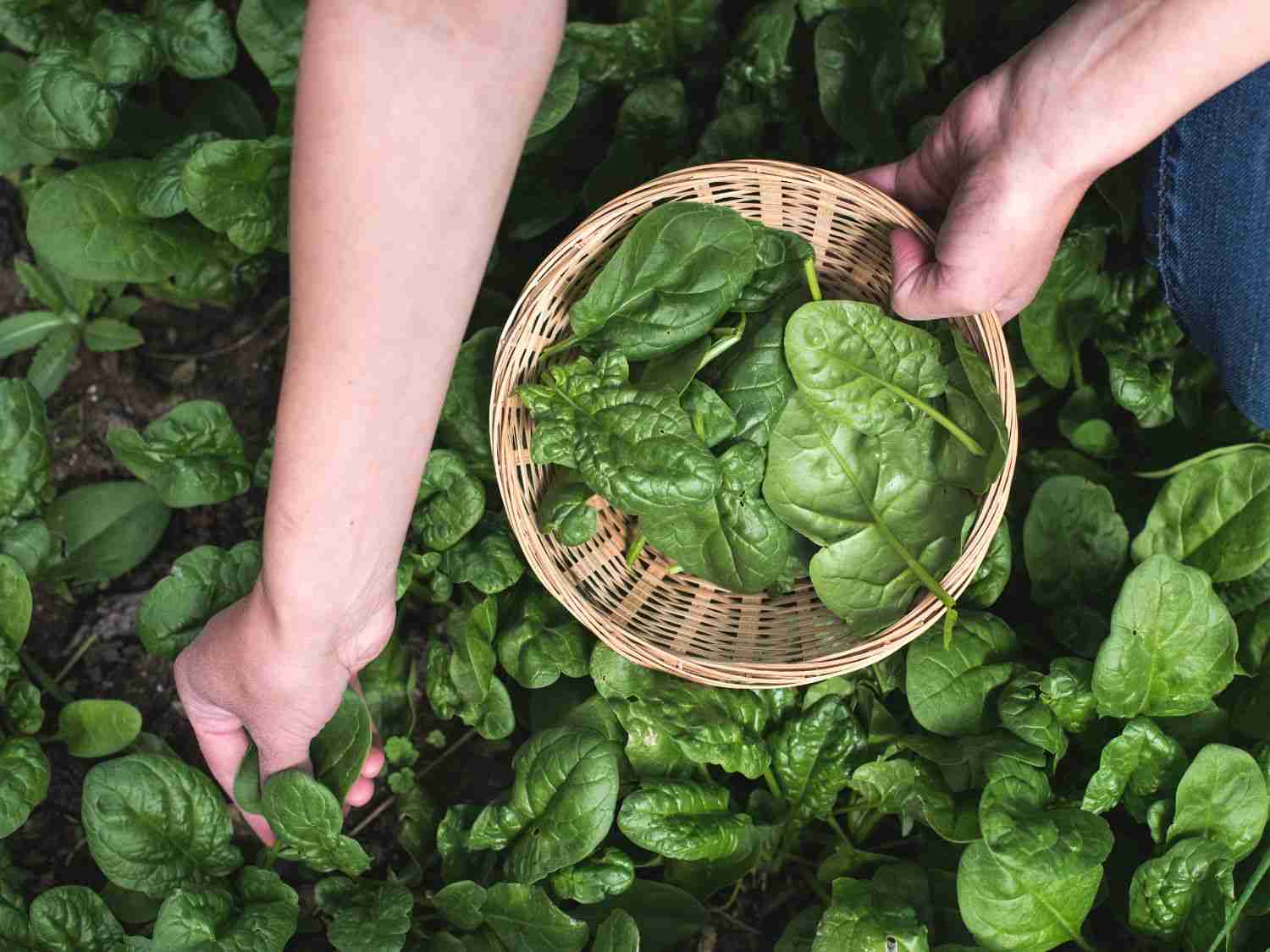
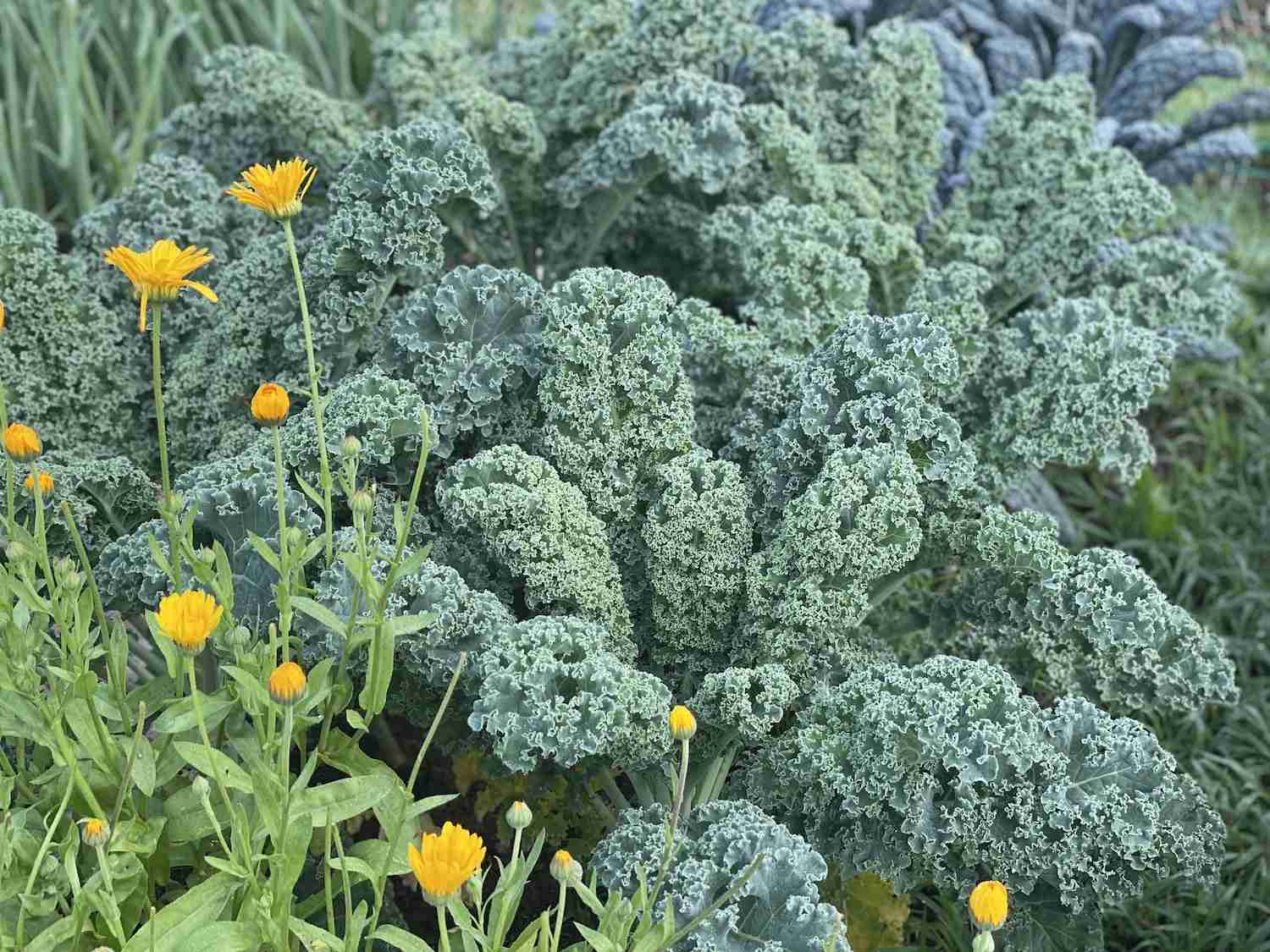
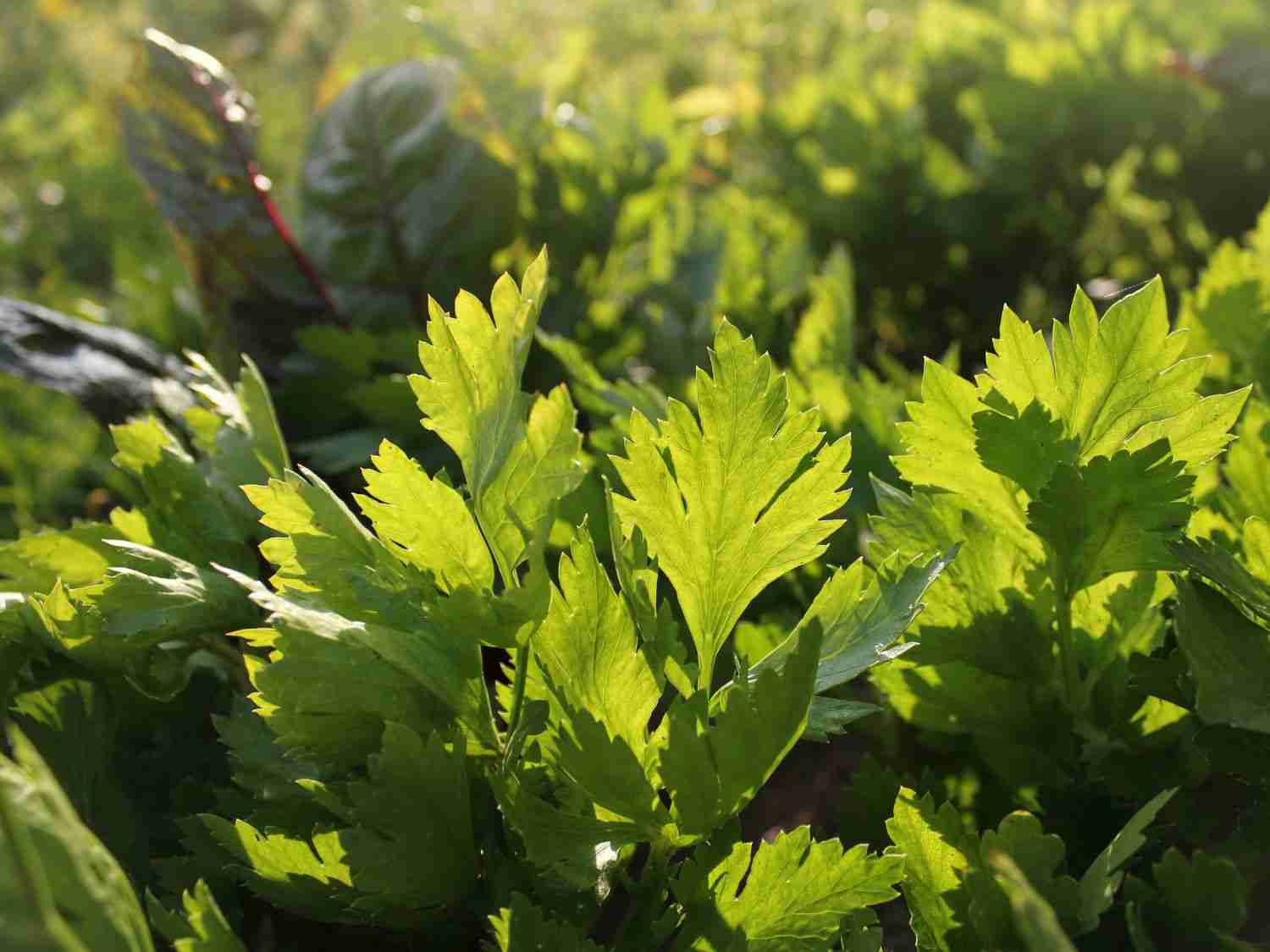
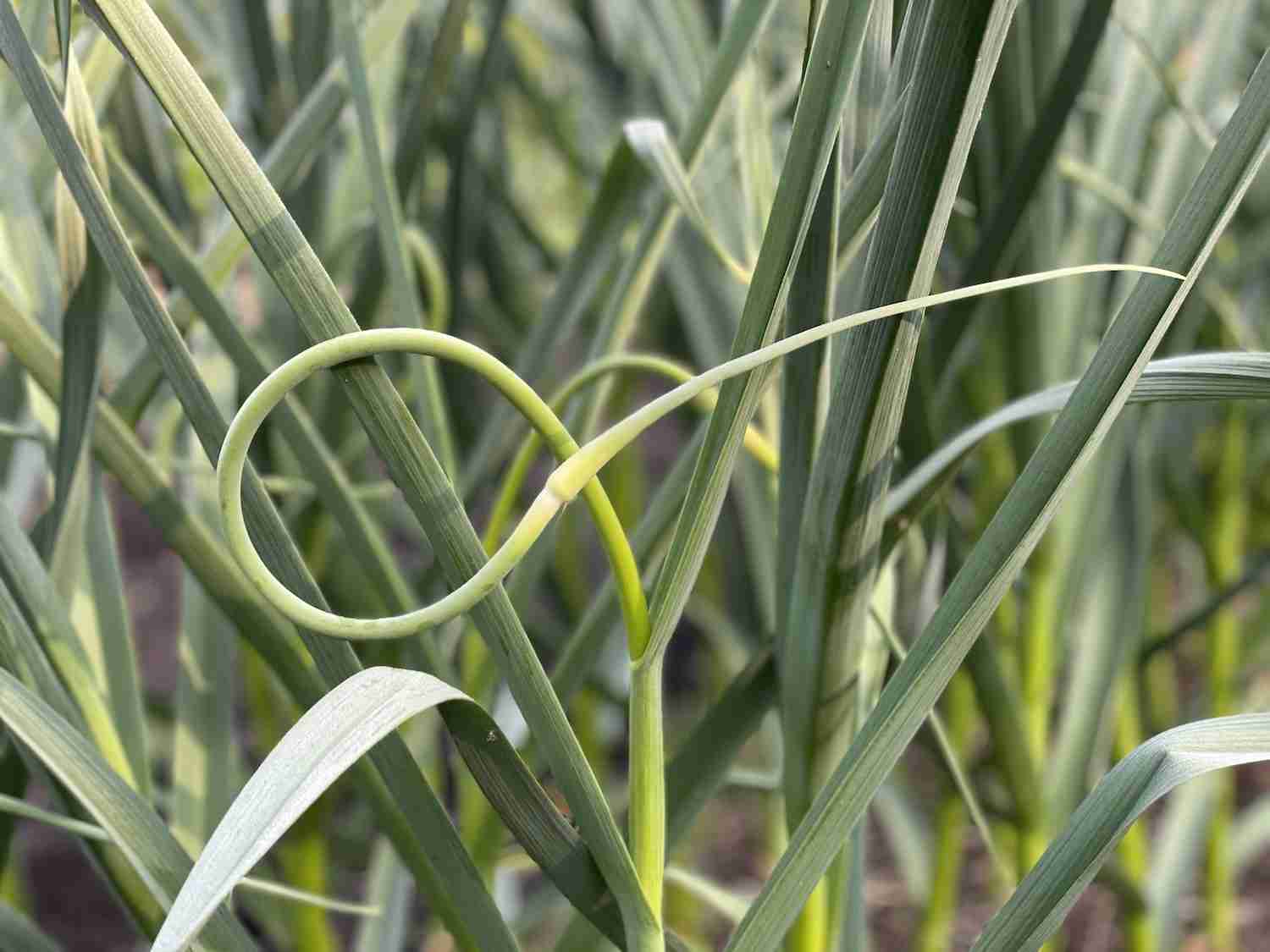
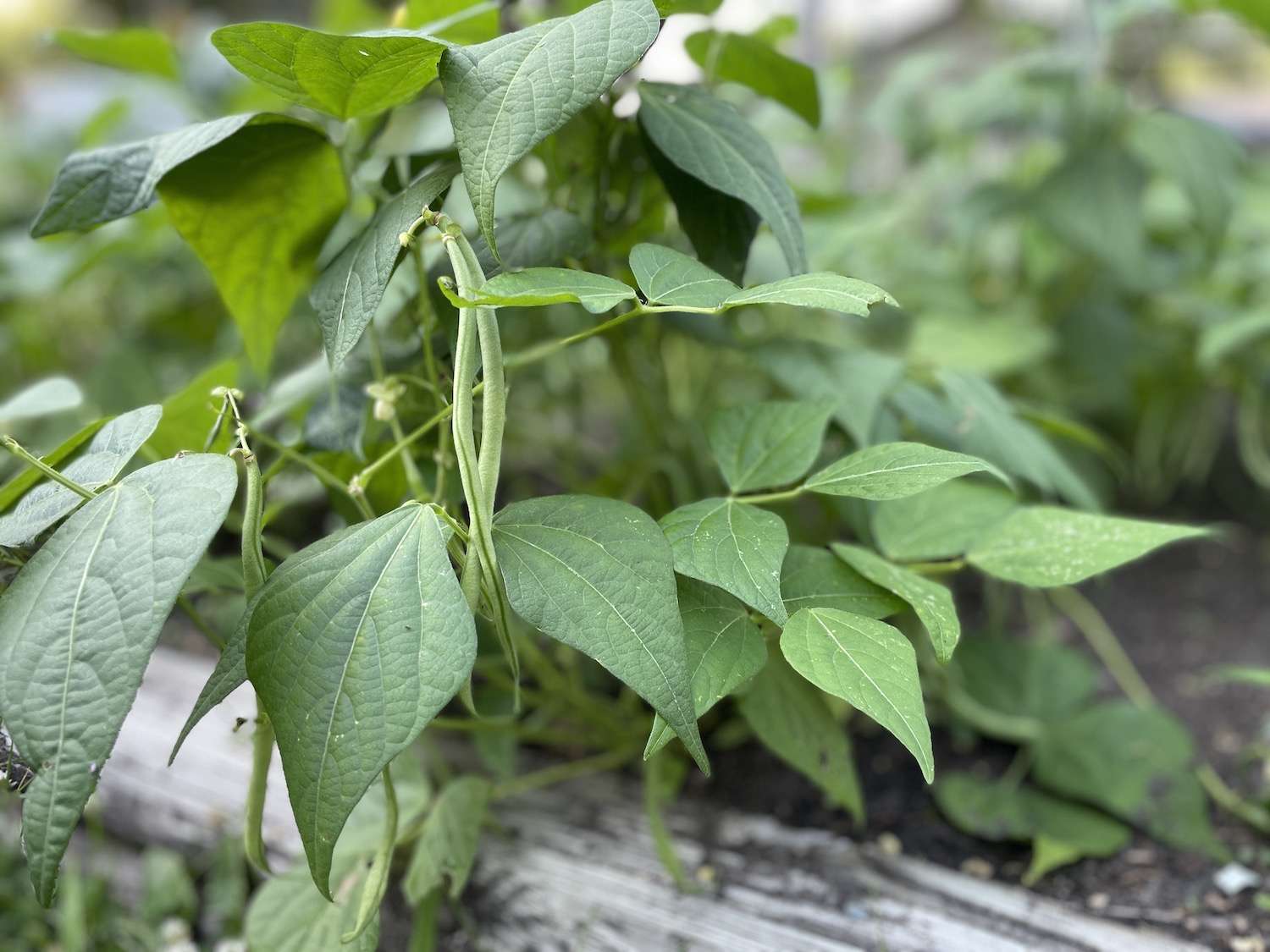
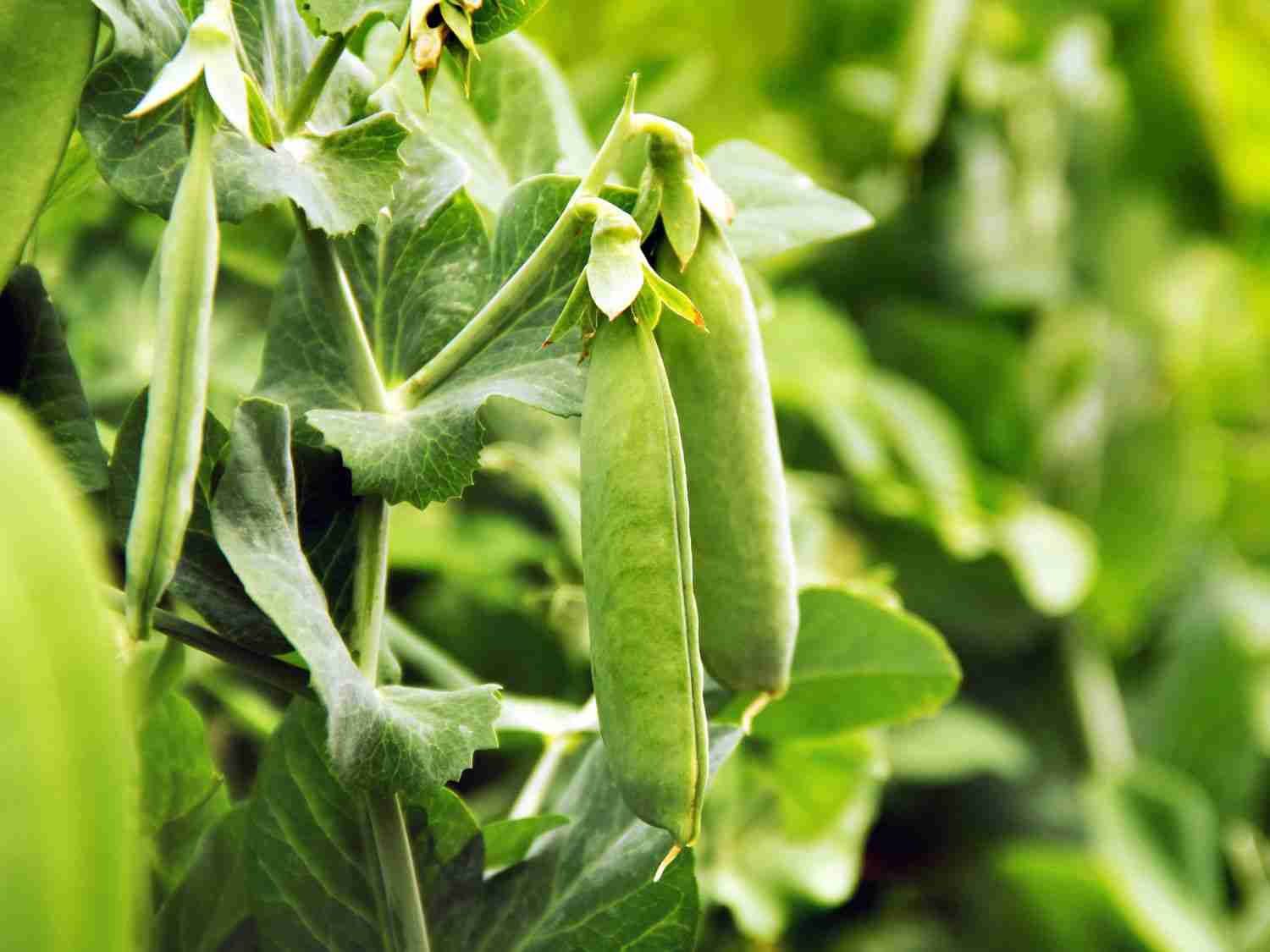



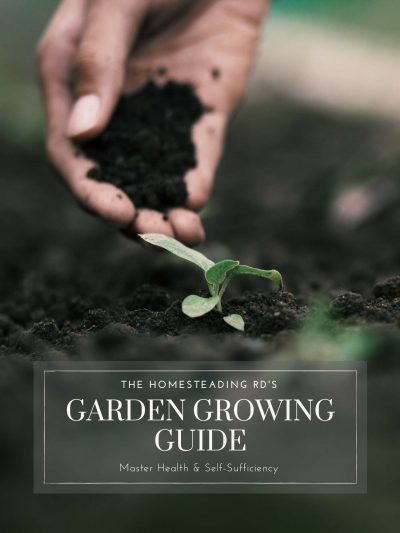
Can I buy garlic seed pods from you directly I’m having trouble finding them right now
Thanks
Sandi
I’m sorry, I don’t personally sell seed garlic, however my favorite seed supplier (https://shareasale.com/r.cfm?b=1849618&u=3069350&m=115344&urllink=&afftrack=) should release next year’s stock soon!